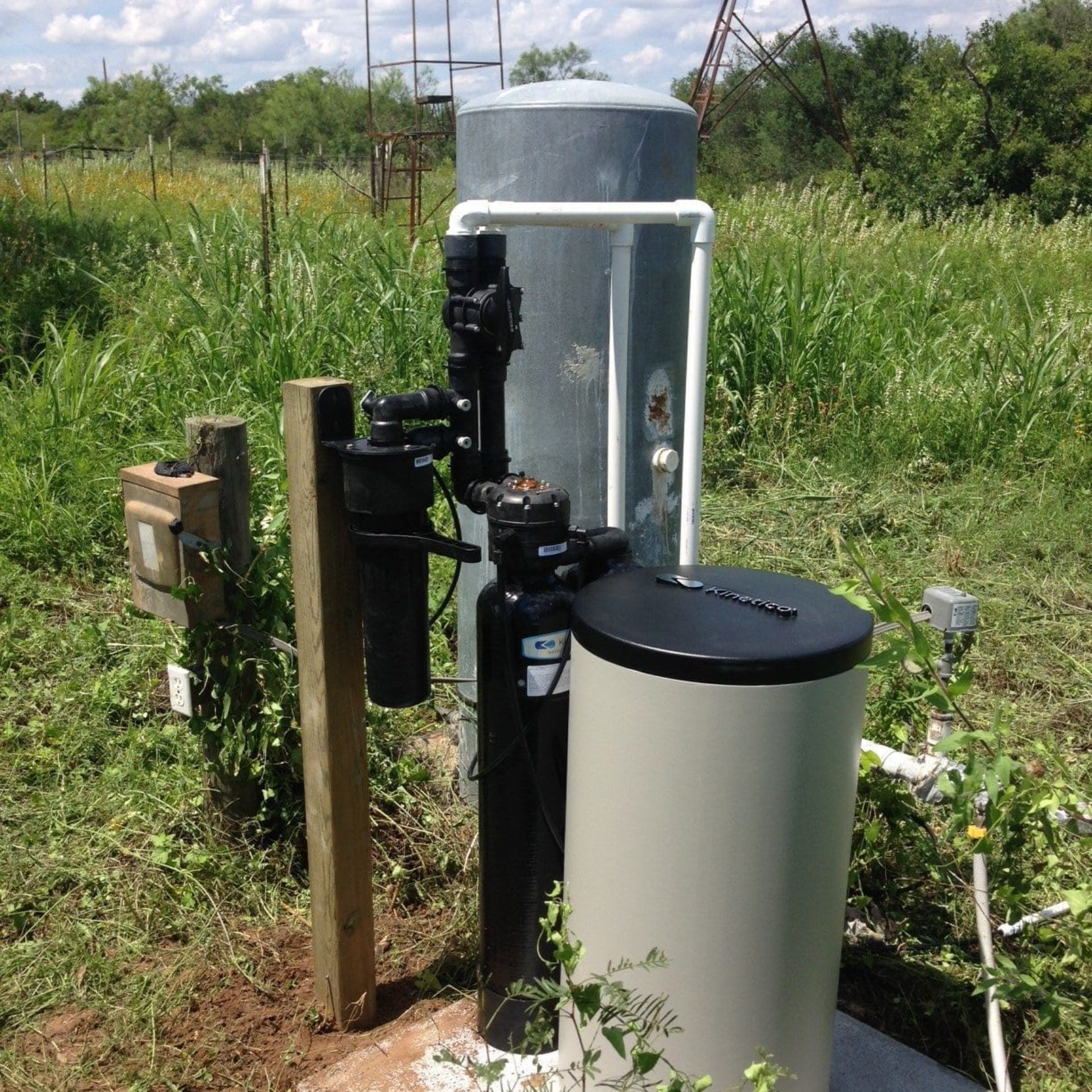For many, the ultimate dream is to own a place in the country, far removed from the hustle and bustle of city life. Scenic drives, distance between neighbors and deer frolicking in open fields all sound heavenly. However, there are some major differences between city and rural life. Probably the most important difference is your water supply. Here are some things you need to know about your rural water supply.
Your Water Well
In the city, your water arrives to your home by way of a central water system. It is distributed to your home through a series of underground pipes. In the country, you will most likely have a well. A well is drilled on your property and casing is put into the ground. At the bottom of the well, a permeable screen is set in the water bearing sand. This screen allows the water to come into the well, but not the sand. A pump is then set into the well, and water is pumped to the surface. Here, it is stored in a pressure tank, providing your home with water.
Have Your Water Tested
Now that you have a well, you need to find out what is in your water. When you lived in the city, your water arrived treated, with harmful bacteria and unwanted materials removed. You are not afforded that luxury in rural life. Your water comes straight from the ground and may contain excessive amounts of iron, bacteria, E. coli, sulfur, H2S (natural gas) or an improper PH (7.0 is neutral). In order to find out what your water contains, it is imperative that you have your water tested. (Kinetico of San Antonio offers this water testing for free!)
Your Water System
Once you know what your water contains, you will be better able to deal with it. Depending on your results, there are several water treatments you may need. First, you may need a pre-filter or cartridge filter to remove sediment from the water. Next, a chlorinator may be required to combat bacteria. If your water test shows high iron content, you may consider an iron filter. After all of this, if you’re still unhappy with your water’s taste, a reverse osmosis treatment system at the kitchen sink and icemaker should do the trick. It will remove up to 99 percent of the contaminants remaining in your water.
Consider A Water Softener
Another consideration for your rural water supply is a water softener. When your water was tested, it may have shown a high concentration of calcium, or hardness. Excessive hardness can create a multitude of problems for the homeowner and should not be ignored. Over a relatively short amount of time, hard water can ruin pipes, appliances and bathroom and kitchen fixtures. A softener can take care of this problem completely. Usually installed in a garage or utility area, a softener removes hardness by way of ionic exchange. You will instantly feel a difference in your water.
Expert Advice
Finally, the most important consideration for your rural water supply is a home water system expert. You need someone knowledgeable and reliable. Kinetico of San Antonio will test your water free of charge and help you find the right system for your water needs.



